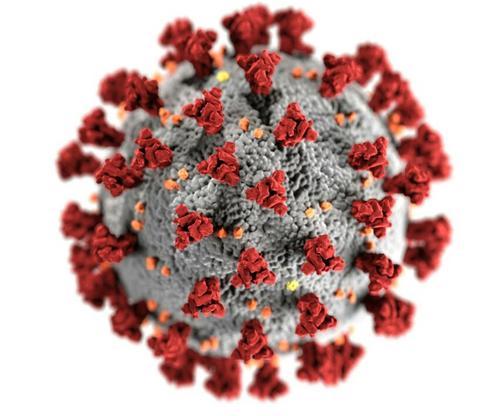
The Department of Health is urging individuals with suspected Mpox disease (formally known as Monkey) symptoms to seek screening and testing for early diagnosis and effective treatment to prevent further spread.
This comes after the country recorded its second laboratory-confirmed case.
According to the health department, this latest case involves a 39-year-old male who was admitted to a hospital in Durban. He presented with no travel history to countries currently experiencing the outbreak.
The department added that it is currently working closely with the province and the National Institute for Communicable Diseases (NICD) to activate contact tracing and case finding to identify and assess individuals who may have been in contact with the patient to prevent further transmission.
‘This will also assist to establish if the second case was in contact with the first case confirmed in Gauteng earlier this month,” the Health Department said in a statement.
Mpox is an infectious viral disease that can cause painful pimple- or blister-like rashes, swollen lymph nodes and fever.
According to the World Health Organisation (WHO), a multi-country outbreak of Mpox saw a total of 466 laboratory-confirmed cases of Mpox and three deaths in March this year, with the most affected regions being Africa, Europe, the Americas, the Western Pacific and South-East Asia.
“In the African region, the Democratic Republic of Congo reports the highest number of confirmed positive cases, which represents just over a tenth of the suspected clinically compatible cases and deaths reported,” reported the department reported.
As per the health organisation, Mpox is transmitted to humans through:
- persons, through touching, kissing or sex
- animals, when hunting, skinning or cooking
- materials such as contaminated sheets, clothes or needles
- pregnant persons who may pass the virus to their unborn baby
Flu season continues in SA
Meanwhile, the Health Department also highlighted the ongoing influenza season in South Africa, which began in late April 2024, with multiple flu strains causing severe complications in some patients.
‘About 8 to 10% of patients hospitalised for pneumonia and 25% of patients with flu-like illness (fever and coughing) will test positive for influenza during the flu season in South Africa,’ said the department in the same statement.
‘According to the NICD surveillance data, the numbers of influenza cases and positivity rates are increasing rapidly, but the transmission and impact remain at a moderate level of activity for both outpatient and hospitalised cases,’ continued the statement.
‘This means that while there is a lot of influenza circulating, it is still within the expected range for a normal influenza season.’
High-risk groups, including pregnant women, people living with HIV, those with chronic conditions, the elderly and children are encouraged to get vaccinated and practice preventative measures such as covering the mouth and nose, getting enough ventilation and regular hand washing.
Compiled by Tauhira Ajam
First published by Cape Town ETC
Also see: Is monkeypox back?




